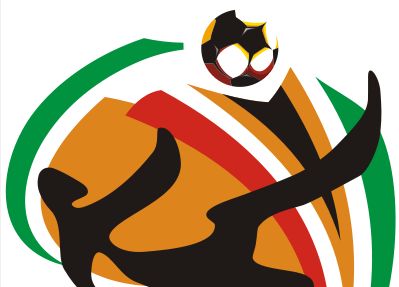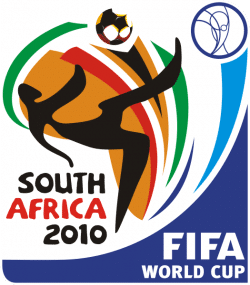The World Football Organisation is apparently not allowing enough HIV prevention in stadiums and on fan miles during the World Cup. Non-governmental organisations criticise blockade policy
A few days before the start of the World Cup in South Africa, HIV/AIDS activists and non-governmental organisations (NGOs) in the host country are complaining that FIFA is making their work difficult. Co-operation has been anything but smooth in recent months and the results have "fallen far short of expectations", a senior staff member of the South African National AIDS Council (SANAC), Mark Heywood, told media representatives on Friday.
In November 2009, NGOs and representatives of FIFA and the South African government came together at a symposium to decide on a joint approach. According to Heywood, the discussions were productive and characterised by mutual respect. The aim was to use the World Cup to inform the global public about HIV and AIDS in South Africa and on the entire African continent.
Southern Africa is the region most affected by HIV/AIDS worldwide. More than 20 million people are living with the virus here. One in four adult citizens of South Africa is HIV-positive.
"There were big plans, but none of it happened," says Heywood. "FIFA did not involve SANAC in any way so that the event could be used to inform or mobilise people about HIV and AIDS. This opportunity was recklessly missed. We are aware that the joy and excitement of the event and the influx of visitors from all over the world will lead to an increase in risky behaviour, which we wanted to broadly counteract. We are now unable to do this because we never received the planned four million rand [around 400,000 euros]."
Several NGOs have also publicly accused FIFA in a press release last week of blocking access to stadiums and fan miles and thus preventing the distribution of condoms and information on prevention. The sports and entertainment coordinator of SANAC, Mabalane Mfundisi, reported that he had asked FIFA many times whether it would be possible to operate information and prevention centres in the stadiums - without receiving a commitment.
FIFA denies that there were any such requests.
Other NGOs, however, report similar difficulties. "We had to go through endless official channels to obtain a licence. One month before the World Cup, we still didn't have it, so we decided to focus our efforts elsewhere," reports Richard Delate, Director of the John Hopkins Health and Education Centre in South Africa.
According to media reports, UNAIDS Managing Director Michel Sidibé has now written to FIFA President Sepp Blatter asking him to co-operate with local NGOs.
This seems urgently needed. Although FIFA has agreed to the installation of condom vending machines in all stadiums, it is more than unlikely that enough condoms can be made available in this way.
Meisie Lerutla from the UN Population Fund (UNFPA) estimates the number of condoms needed at 100 million. The South African government plans to distribute 55 million additional condoms during the World Cup and the British government has donated over 40 million condoms. However, no one seems to know exactly how they will get to the fans in the stadiums or on the fan miles controlled by FIFA.
(Paul Schulz)











